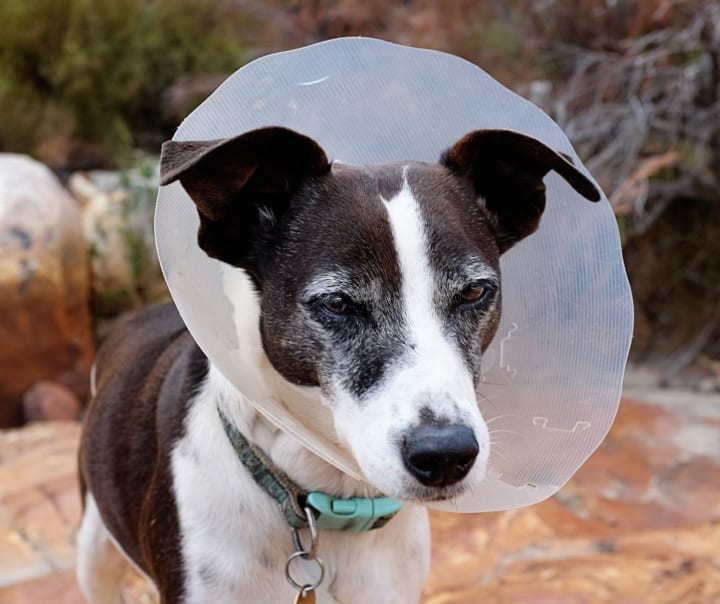Pancreatitis In Pets
What You Need to Know

Pancreatitis is a problem that we see more often than we like. It is even more common during the holidays, when pets often eat things that they wouldn't normally eat (like Thanksgiving dinner).
So, what is pancreatitis?
First, you need to know what the pancreas is, before you can learn about the disease. The pancreas is an organ in the abdominal cavity that helps with digestion. It also produces insulin.
When we talk about pancreatitis, we talk about inflammation in the pancreas. It can be very mild, though it can also be quite debilitating.
What are the signs?
The first signs of pancreatitis are often signs of general illness. Your pet may just be lying around and not eating. If it continues, you may notice vomiting and diarrhea.
Here are some of the most common signs of pancreatitis.
- Lethargy and just laying around.
- Pain in the abdominal area
- Loss of appetite
- Vomiting
- Diarrhea
- Dehydration
Once your pet has struggled with pancreatitis, he or she will be more likely to have this problem again. You will have to watch your pet carefully so that he or she doesn't have this trouble again.
If your pet has had pancreatitis multiple times, he or she may become diabetic due to scarring of the pancreas.
How do you diagnose pancreatitis?
Pancreatitis is often diagnosed based on physical examination and blood work. Your veterinarian may recommend running a CBC (Complete Blood Count) and Chemistry. This will check your pets red and white blood cell count, as well as your major organs. There are some tests that will help your veterinarian determine the state of your pet's pancreas. Sometimes an ultrasound will help to diagnose the condition.
What is the treatment?

Whether you are able to properly diagnose pancreatitis or not, the care will be the same. There is no cure for the disease, so our goal is to help pets deal with their symptoms until they feel better.
For mild cases, patients are able to go home on a special diet. They will also need medications to help with the digestive conditions, as well as medications for pain. For pets with a more severe case, they may need to be hospitalized on intravenous fluids. They may also require injectable medications because they may not be able to keep oral medications down. Some cases may require a feeding tube.
That being said, once they recover, you will have to be very careful so that they don't have another episode.
So, how can you prevent pancreatitis?
The truth is that we don’t always know what causes an episode. However, since the pancreas is involved with the digestion, what your pet eats is often the cause of a flair up.
So, what can you do?
- Make sure that your pet only eats his or her food.
- Limit table foods. You should even let visitors to your home know that your pet isn't allowed to eat table food. If you have children (or they are visiting), make sure that they don't feed the dog.
- You may have to put your pet in another room when people are visiting to ensure that he or she doesn't eat anything.
- Even if you do give table foods, stay away from fatty foods, like gravy and bacon.
- Keep leftovers out of reach. Many pets are quick to jump on the table to grab whatever is left. However, you need to limit his or her ability to do so.

If you are worried that your pet is experiencing signs of pancreatitis, you should not wait. Get him or her to the veterinarian as soon as possible. If your pet is having vomiting and diarrhea, you really shouldn't wait.
About the Creator
Shelley Wenger
Small town country girl in southern Pennsylvania. Raising two boys on a small farm filled with horses, goats, chickens, rabbits, ducks, dogs, and a cat. Certified veterinary technician and writer at Virtually Shelley.






Comments
There are no comments for this story
Be the first to respond and start the conversation.